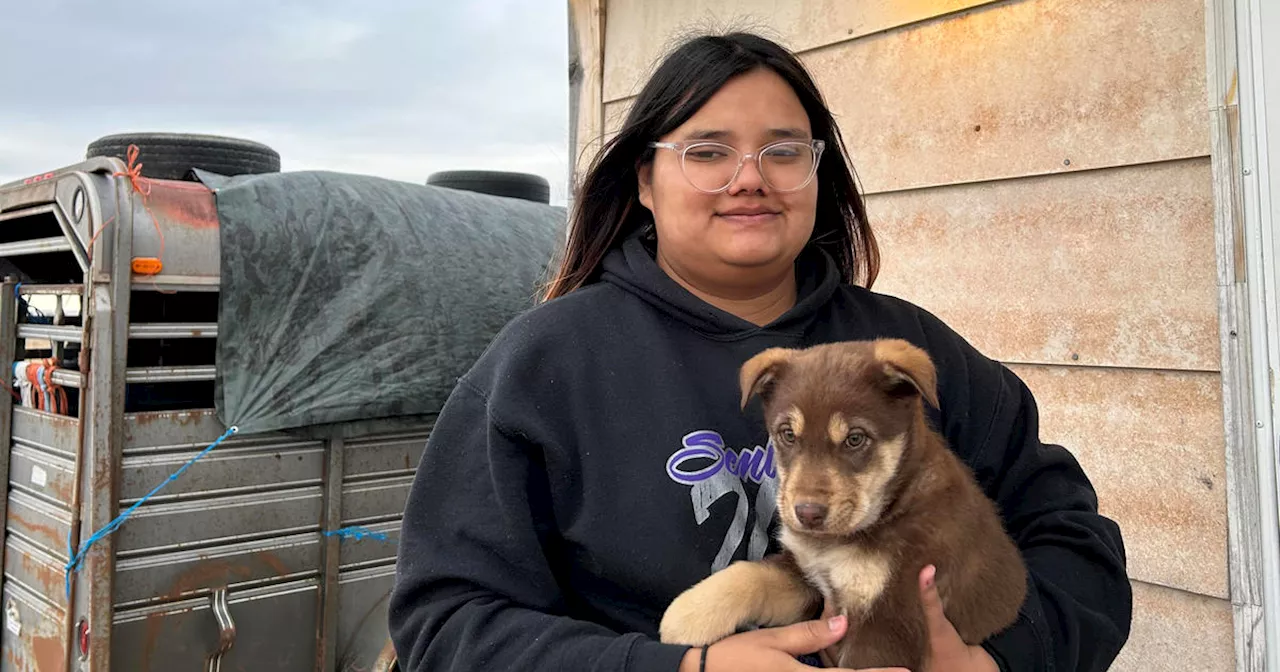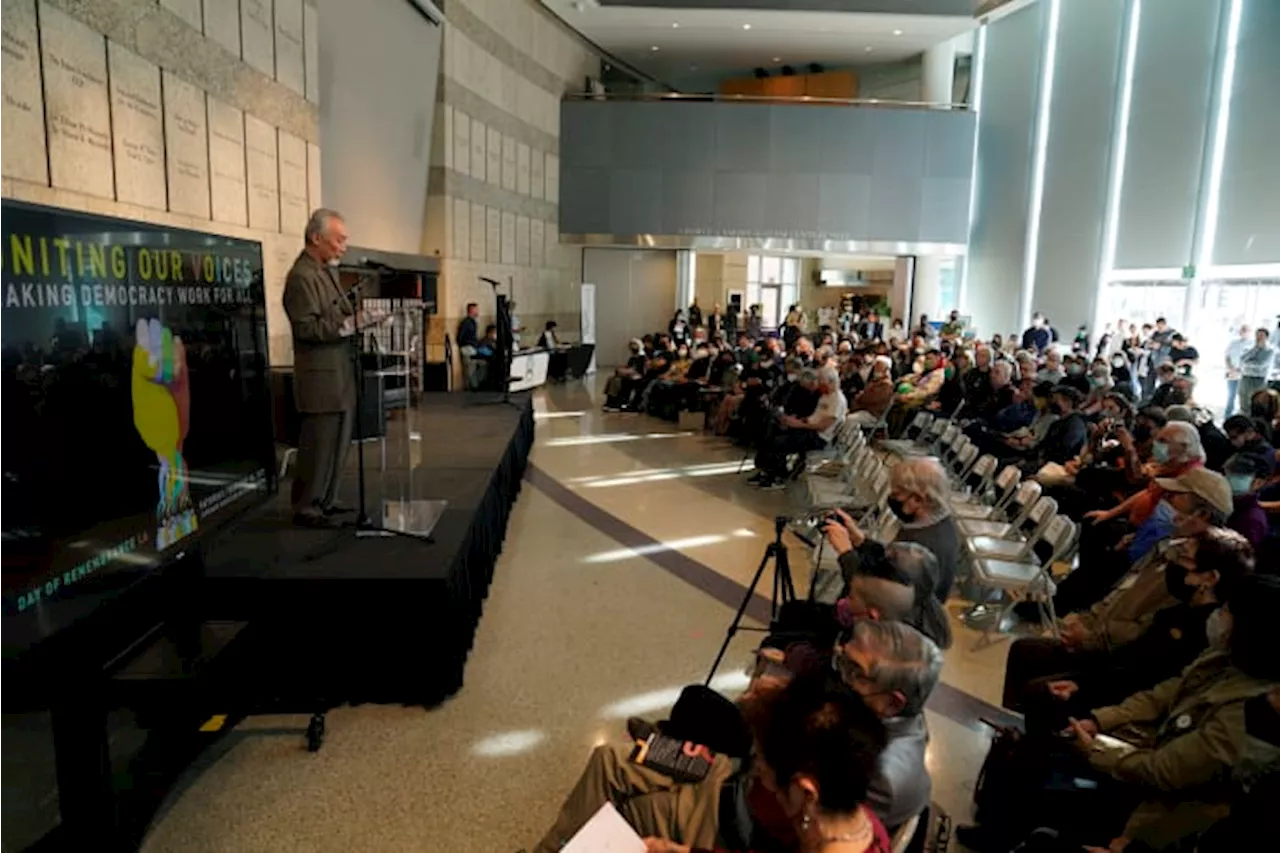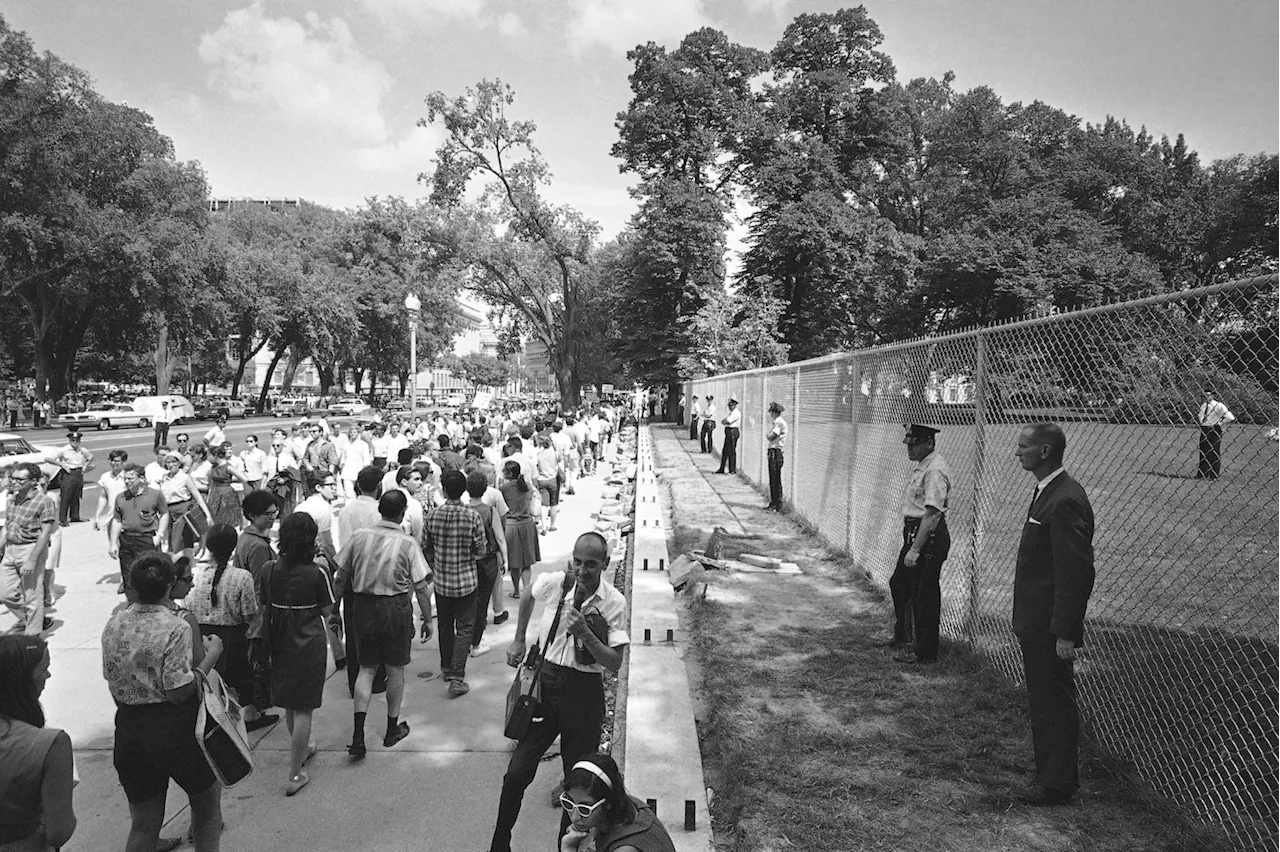After the Kent State massacre, most people sided with the National Guard.
Students protesting U.S. participation in the Vietnam War walked along the National Mall toward the Capitol on April 17, 1965. Fifty-four years ago next month, members of the National Guard were called to the campus of Kent State University in Ohio in response to student protests over the Vietnam War. President Richard M. Nixon won election in 1968 in part on his pledge to end the conflict; in late April 1970, though, he announced that it was expanding with the U.S. invasion of Cambodia.
In October 1968, nearly all respondents to the Harris Poll opposed blocking traffic to protest the war in Vietnam. Asked how they might respond, two-thirds of respondents said that, if nothing else worked, they might participate in a physical assault or armed action over the tactic. In May 1970, Harris asked Americans if they were more likely to sympathize with or condemn the protests. One-third third sympathized. More than half condemned. More than a third said they thought antiwar protests should be declared illegal.That August, Harris asked whether Americans agreed with the aim of the protests on college campuses and whether Americans agreed with the tactics used to achieve those aims. About two-thirds of respondents opposed the aims of the protests.
United Kingdom Latest News, United Kingdom Headlines
Similar News:You can also read news stories similar to this one that we have collected from other news sources.
 Havana Syndrome in Vietnam: Possible Russian role in attack on Americans, according to new evidenceEleven U.S. officials were injured in a Havana Syndrome-style attack ahead of VP Kamala Harris's 2021 trip to Hanoi. A newly discovered document suggests Russia may have been involved.
Havana Syndrome in Vietnam: Possible Russian role in attack on Americans, according to new evidenceEleven U.S. officials were injured in a Havana Syndrome-style attack ahead of VP Kamala Harris's 2021 trip to Hanoi. A newly discovered document suggests Russia may have been involved.
Read more »
 Native Americans Experience Higher Mortality Rates Compared to White AmericansNative Americans have a significantly lower life expectancy compared to white Americans, with a median age at death that is 14 years younger. This disparity is a cause for concern and highlights the need for improved healthcare and support for Native American communities.
Native Americans Experience Higher Mortality Rates Compared to White AmericansNative Americans have a significantly lower life expectancy compared to white Americans, with a median age at death that is 14 years younger. This disparity is a cause for concern and highlights the need for improved healthcare and support for Native American communities.
Read more »
 Ancestry website to catalogue names of Japanese Americans incarcerated during World War IIThe names of thousands of people held in Japanese American incarceration camps during World War II will be digitized and made available for free on Ancestry.
Ancestry website to catalogue names of Japanese Americans incarcerated during World War IIThe names of thousands of people held in Japanese American incarceration camps during World War II will be digitized and made available for free on Ancestry.
Read more »
 Ancestry website to catalogue names of Japanese Americans incarcerated during World War IIThe names of thousands of people held in Japanese American incarceration camps during World War II will be digitized and made available for free on Ancestry.
Ancestry website to catalogue names of Japanese Americans incarcerated during World War IIThe names of thousands of people held in Japanese American incarceration camps during World War II will be digitized and made available for free on Ancestry.
Read more »
 Ancestry website to catalogue names of Japanese Americans incarcerated during World War IIThe names of thousands of people held in Japanese American incarceration camps during World War II will be digitized and made available for free on Ancestry.
Ancestry website to catalogue names of Japanese Americans incarcerated during World War IIThe names of thousands of people held in Japanese American incarceration camps during World War II will be digitized and made available for free on Ancestry.
Read more »
 Ancestry website to catalogue names of Japanese Americans incarcerated during World War IIThe names of thousands of people held in Japanese American incarceration camps during World War II will be digitized and made available for free on Ancestry. The genealogy company announced Wednesday it is collaborating with the Irei Project, which has been working to memorialize more than 125,000 detainees.
Ancestry website to catalogue names of Japanese Americans incarcerated during World War IIThe names of thousands of people held in Japanese American incarceration camps during World War II will be digitized and made available for free on Ancestry. The genealogy company announced Wednesday it is collaborating with the Irei Project, which has been working to memorialize more than 125,000 detainees.
Read more »
